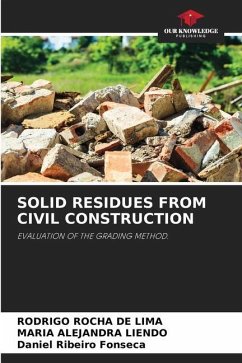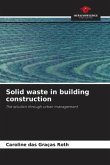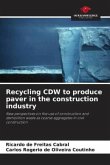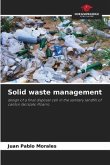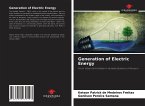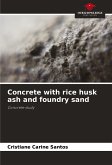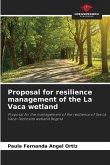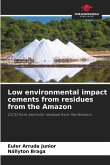The growing global industrial activity and the absence of effective waste management programs cause waste to be generated without proper disposal and provide a liability. Moreover, in the description of a solid waste, the identification of the pollutants that compose it must have technical basis and be established according to its raw materials, inputs and generating process. In civil construction it is necessary to maximize the reuse of resources and to employ renewable or recyclable sources, and it is indispensable to know about waste classification. The evaluated the procedure to classify samples of solid waste originated in demolition and civil construction - RDCC through leaching and solubilization tests. The work was based on the standards of the Brazilian Technical Standards Association ABNT NBR 10004:2004 and 10005:2004. The ions analyzed in the solutions obtained were chloride, Fe, Mn and Pb. The results showed that it cannot be classified as inert because the lead concentration in the solubilized extract exceeded the limit allowed by the standard. This methodology is viable for such classification.
Bitte wählen Sie Ihr Anliegen aus.
Rechnungen
Retourenschein anfordern
Bestellstatus
Storno

